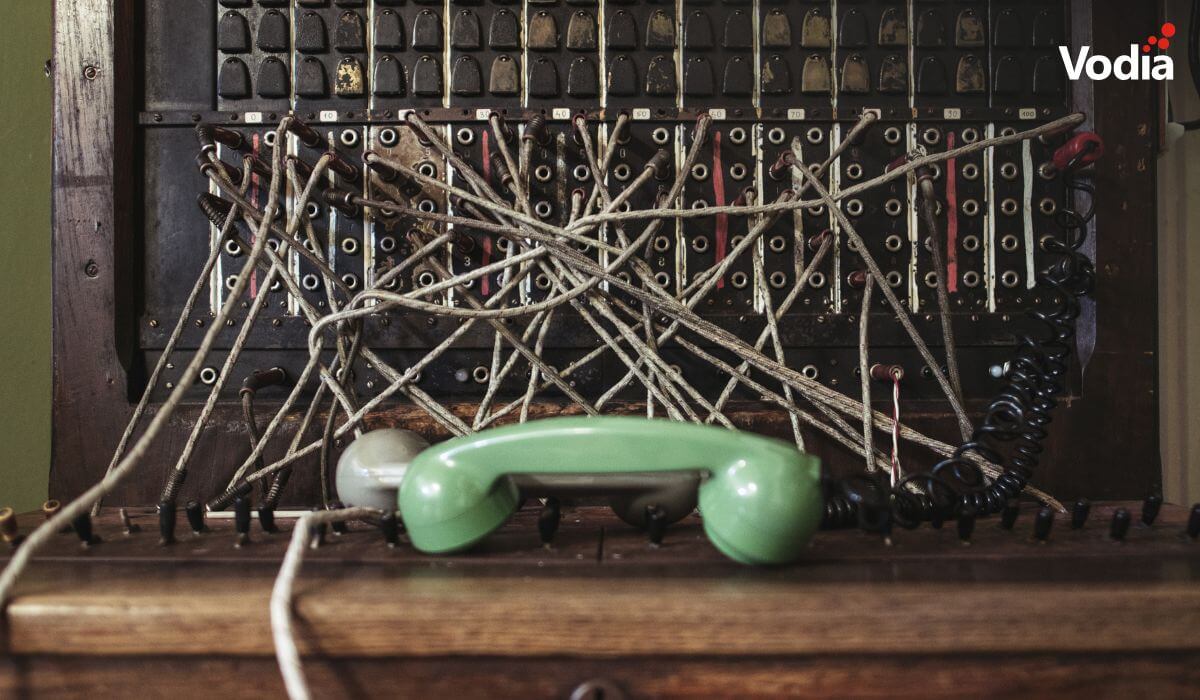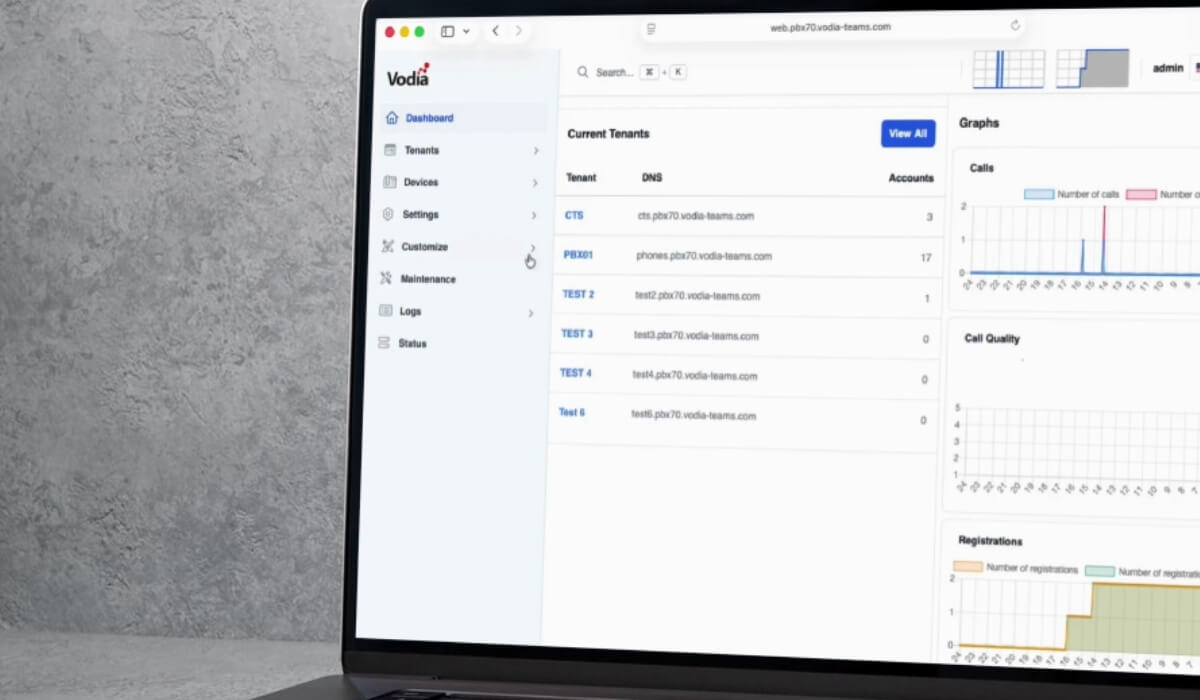It happened again, and it won't be the last time: http://finance.yahoo.com/news/phone-hackers-dial-redial-steal-012343295.html. Another victim of phone call fraud, the result of a hacked PBX somehow accessible to the bad guys.
We have talked about it before, but reading the article I think it's important to discuss some points that weren't so clear before. The first one is some carriers really seem to go after the money, even if they have to go to court. In contrast with the credit card industry, fraud calls are the responsibility of the customer, not the provider.
The next point is it's obviously not necessary the PBX actually receives voice traffic from the public internet - fraud calls typically fraud uses the victim's PBX as a kind of “least cost router” for terminating traffic into expensive countries. But when calling expensive 900 numbers, like those mentioned in the article, there's no need to have any traffic with the outside world. All it takes is the PBX using its route into the PSTN world.
In theory, a bot on a computer in the LAN can use the click-to-dial feature of the PBX to keep on dialing expensive numbers. The voice would end up somewhere either on the local PC or smart phone, or just on the phone on the office table. On the weekend, when nobody is in the office, it would take some time to figure out what's going on.
This is new. If a bot can access the local TAPI on the computer and initiate a call, you're in trouble. There's no extra password check between the TAPI client and the TAPI server. All it takes is a program running on the local PC that starts to dial numbers.
So what are we learning from all of this?
Apart from the usual recommendations to check for viruses on your computer and make sure users are choosing strong passwords and PIN codes, you should check if your service provider has a fraud detection feature. This will limit the damage, in case you get hacked for whatever reason, despite all the precautions you took. If you are using prepaid accounts, the damage will be limited to the money you've put into the meter.
By default, version 5 doesn't come with a CSTA license, which is required for TAPI calls. If you have the license and are using TAPI, you can take a few measures that reduce exposure to the risk - you can double check what numbers can be called from your PBX in the dial plan. In many cases, it's not necessary that PBX users are dialing expensive hotlines; if they do, you can set the flag in the dial plan so they have to enter a PIN code. And you can make sure PCs are turned off when users aren't in the office. This makes sure you don’t have any surprises on your phone bill on Monday morning. It also saves power.
.svg)






